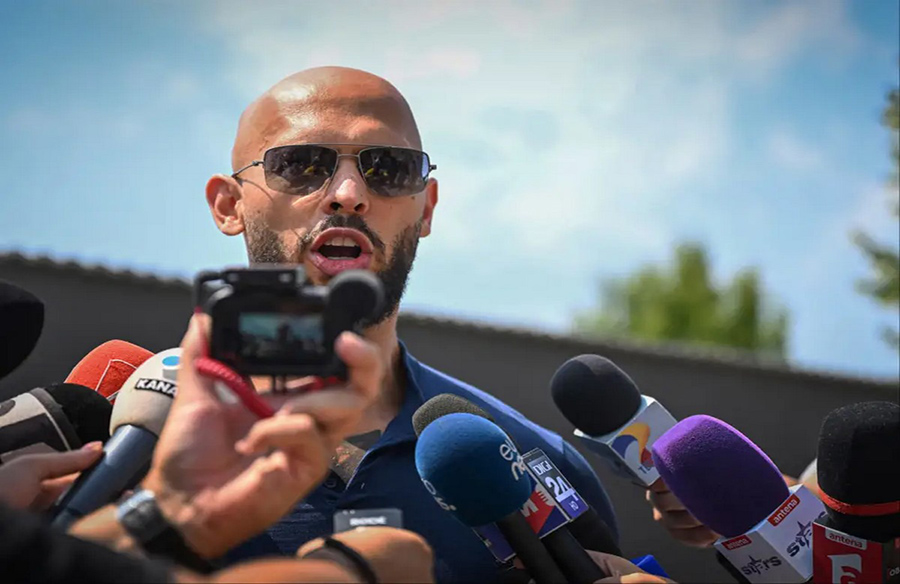British politicians have proposed a plan to train young men in schools to serve as alternative influencer role models in response to the controversial figure Andrew Tate. However, experts argue that this approach is unlikely to succeed in mitigating Tate’s influence on impressionable minds.
Tate’s Influence
Andrew Tate holds significant sway within the manosphere, boasting millions of followers and garnering widespread attention. Despite facing criticism for his controversial views and legal troubles, Tate continues to command a devoted following, particularly among young men who view him as a symbol of masculine empowerment and success.
Flawed Approach
While the idea of training male mentors to counteract Tate’s influence appears noble, experts doubt its effectiveness. Cindy Marie Jenkins, a writer and educator, suggests that Tate’s impact extends beyond direct endorsement, permeating through other online creators who echo his sentiments. This gradual normalization of sexist attitudes poses a challenge that cannot be adequately addressed solely within the confines of the classroom.
Deep-rooted Ideologies
The rise of the manosphere, fueled by ideologies such as the “red pill” philosophy, reflects a broader societal trend of discontent and disillusionment among certain groups of men. This movement encompasses various subgroups, including incels, who harbor resentment towards women and espouse misogynistic beliefs. Such ideologies contribute to a widening ideological gap between genders, exacerbating societal tensions.
The Fear Factor
Krysten Stein, a communication and media studies scholar, underscores the role of fear in perpetuating the manosphere’s influence. Content within this sphere often exploits fears of perceived emasculation and loss of power, resonating with young men grappling with identity issues. Social media algorithms further amplify divisive content, perpetuating a cycle of fear and polarization.
Regulatory Challenges
Critics argue that social media platforms, driven by profit motives and entrenched in “white bro culture,” inadvertently facilitate the dissemination of harmful ideologies propagated by figures like Tate. The lack of effective regulation exacerbates the problem, allowing toxic narratives to thrive unchecked.
The Path Forward
Experts emphasize the need for a multifaceted approach to counteracting Tate’s influence, extending beyond traditional educational interventions. Daniel Boscaljon, an executive coach, advocates for cultivating inner strength and resilience among young men as a means of combating toxic narratives. True confidence, he argues, stems from self-trust and courage rather than external dominance.
In conclusion, addressing the pervasive influence of figures like Andrew Tate requires a comprehensive strategy that addresses underlying societal issues and empowers individuals to resist harmful ideologies. While official school interventions may play a role, meaningful change necessitates a broader cultural shift towards promoting empathy, equality, and resilience among future generations.




Leave a Reply